Sworn. Certified. Accurate. Worldwide
Legally Accepted Document Translations You Can Rely On.

Our Specialized Services
Expert Translations Tailored to Your Needs
We deliver precise, context-aware translations across a range of specialized fields to ensure clarity, accuracy, and compliance.
Academic Translations
Medical Translations
Legal Translations
Technical Translations
Financial Translations
MarketingTranslations

Translations accepted by embassies, universities, and government authorities

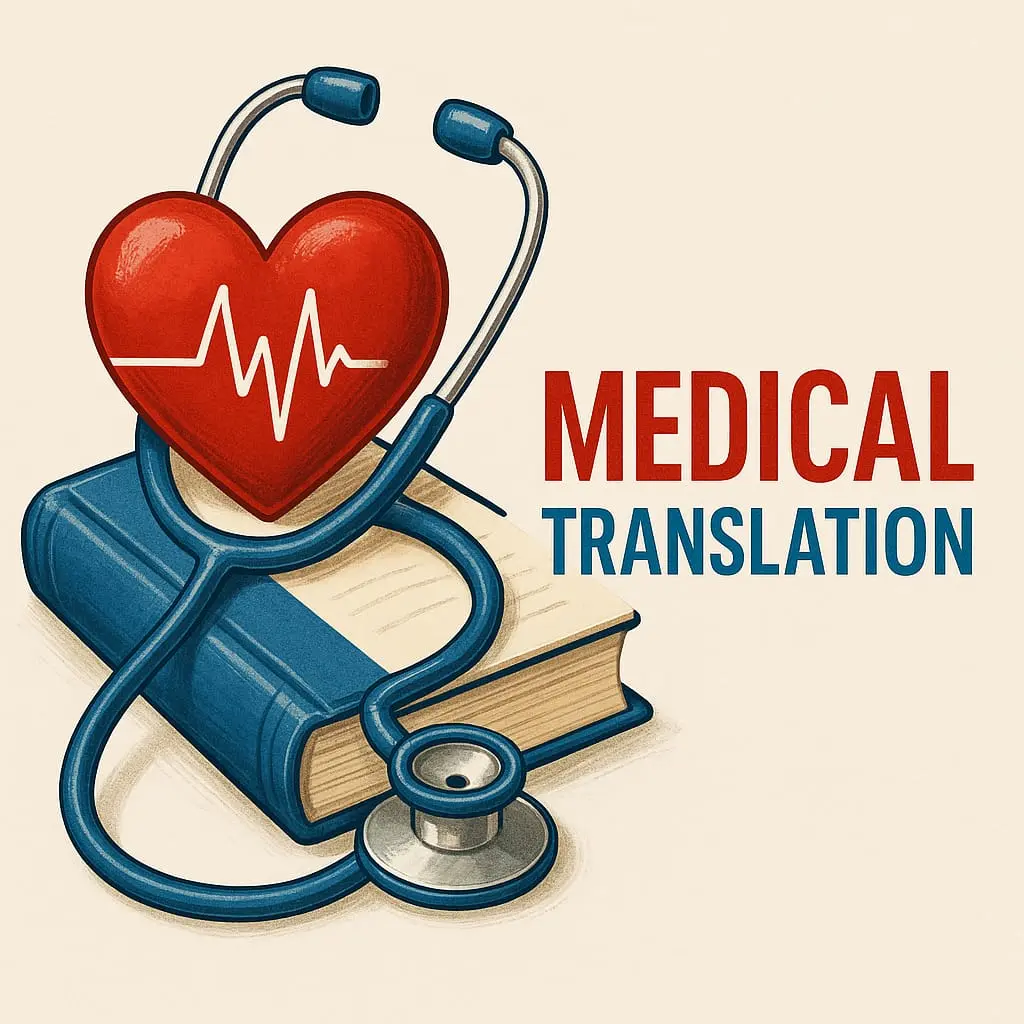
DieLösung TranslateGlobe
DieLösungTranslateGlobe – Your Trusted Partner in Official Document Translation
At DieLösung TranslateGlobe, we specialize in sworn, certified, and professional translations that are legally accepted worldwide. Our team consists of court-certified and highly experienced translators who ensure every document is accurate, officially recognized, and delivered promptly.
Whether you need translations for visas, legal proceedings, academic admissions, or business purposes, we offer reliable services in a variety of languages, including German, French, Spanish, Italian, Japanese, Russian, Arabic, and Chinese.
Why Choose DieLösung TranslateGlobe?
- Sworn & certified translators authorized by court/government
- Fast turnaround with secure document handling
- Transparent pricing and no hidden charges
- Personalized customer support from inquiry to delivery
At DieLösung TranslateGlobe, we don’t just translate — we connect cultures, legal systems, and people, making your documents valid anywhere you need them.
Documents We Translate
Certified Translations for Every Need
At DieLösung TranslateGlobe, we specialize in translating a wide range of official and personal documents with legal validity. Whether you’re applying for a visa, submitting documents to a university, or presenting papers to a foreign authority, we ensure your translations are accepted—accurate, timely, and professionally certified.
Marriage Certificates
Birth Certificates
Police Clearance Certificates (PCC)
Academic Documents
Passports
Medical Reports and Records
Visa Documents
Employment Letters
Experience Certificates
Financial Statements
Affidavits
Court Judgments
Declarations
Commercial Contracts
Business Licenses
Legal Orders
Official Translations Accepted by Authorities Worldwide
Sworn Translations and Certified Translations for Academic, Legal, and Business Needs
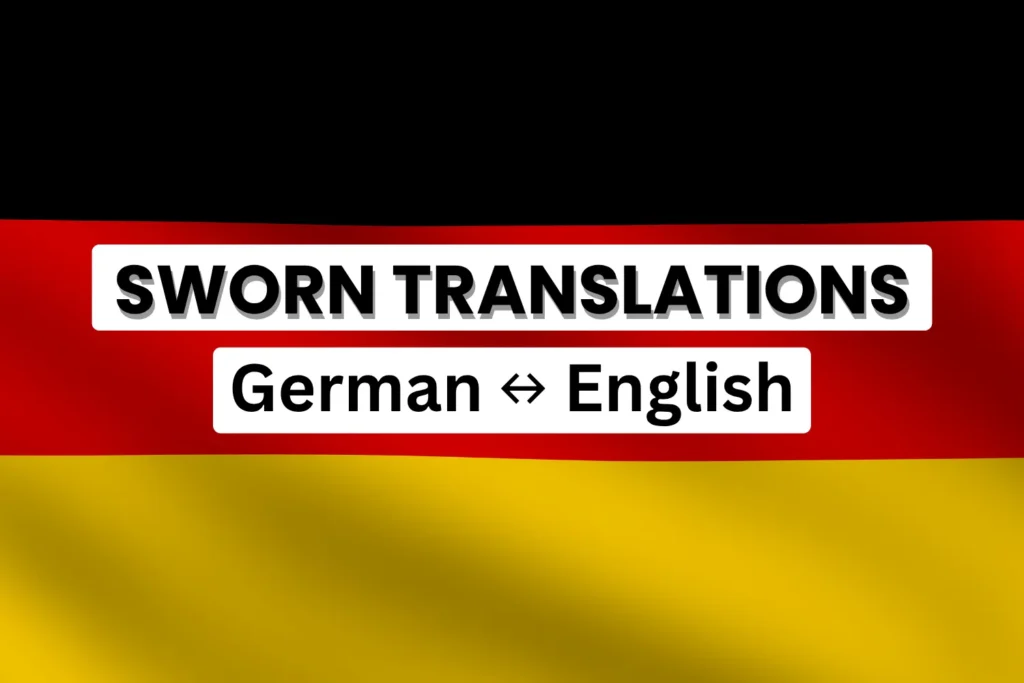
German Sworn Translation
Legally recognized sworn translations by court-certified German translators. Accepted by German embassies, universities, and government offices.
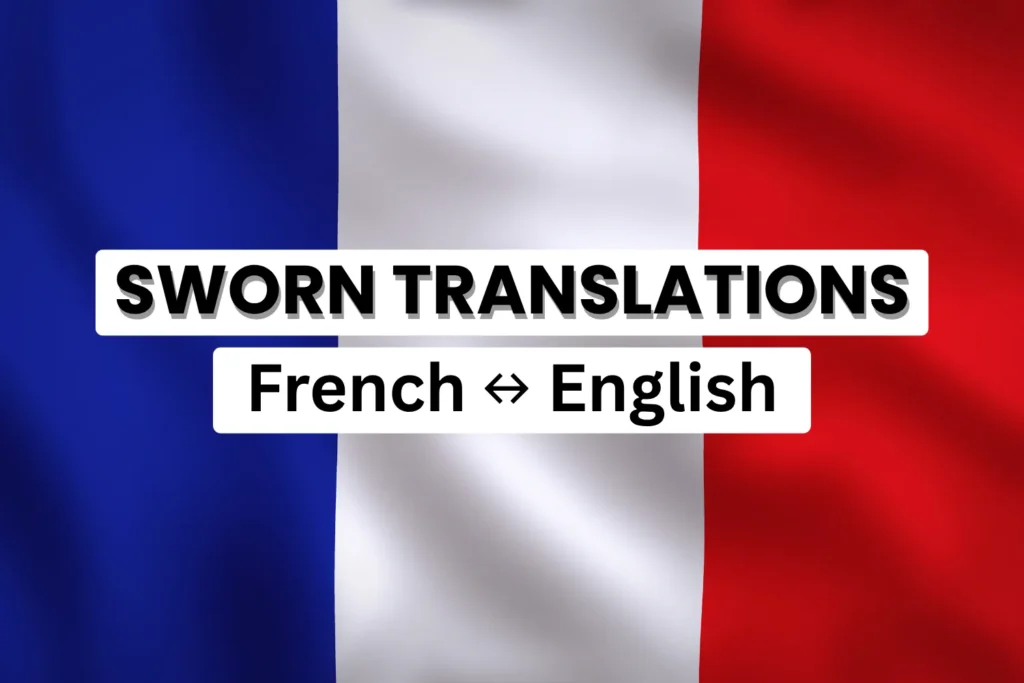
French Sworn Translation
Official sworn translations certified by court-recognized French translators. Compliant with immigration, education, and legal requirements in France.
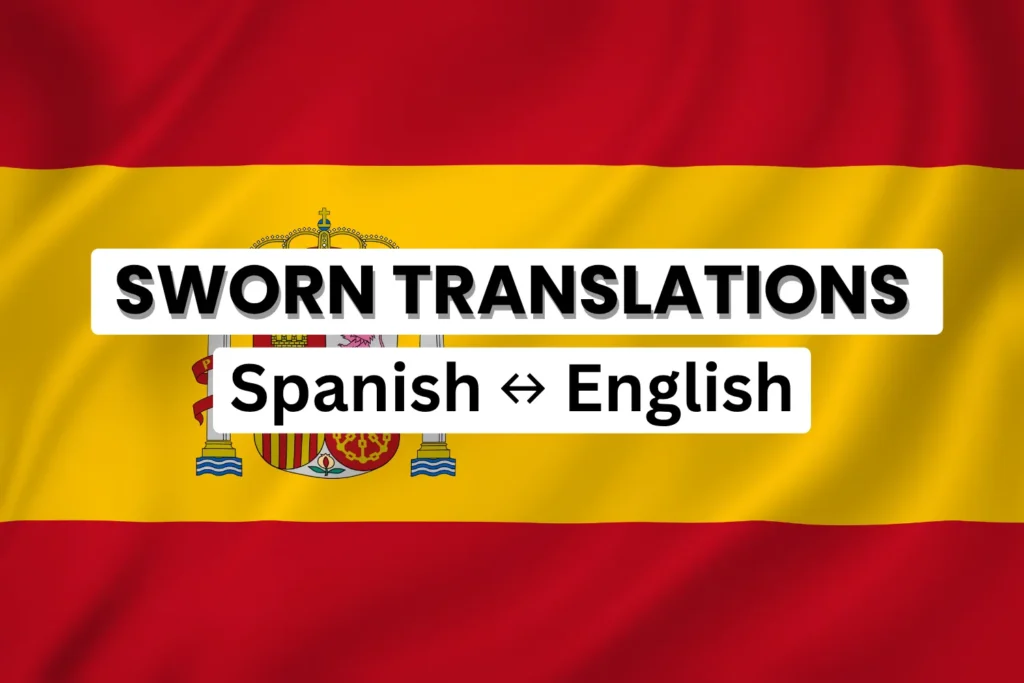
Spanish Sworn Translation
Accurate sworn translations by authorized Spanish sworn translators (Traductores Jurados). Required for legal and academic submissions in Spain.
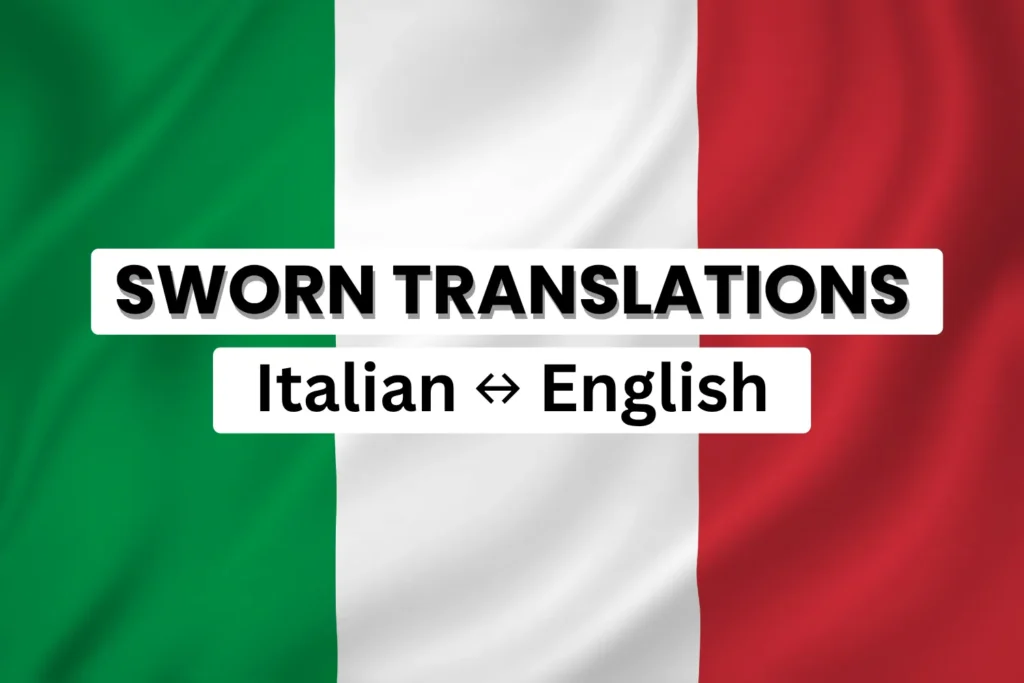
Italian Sworn Translation
Sworn translations validated by Italian court-registered translators. Suitable for visa, citizenship, and official procedures in Italy.
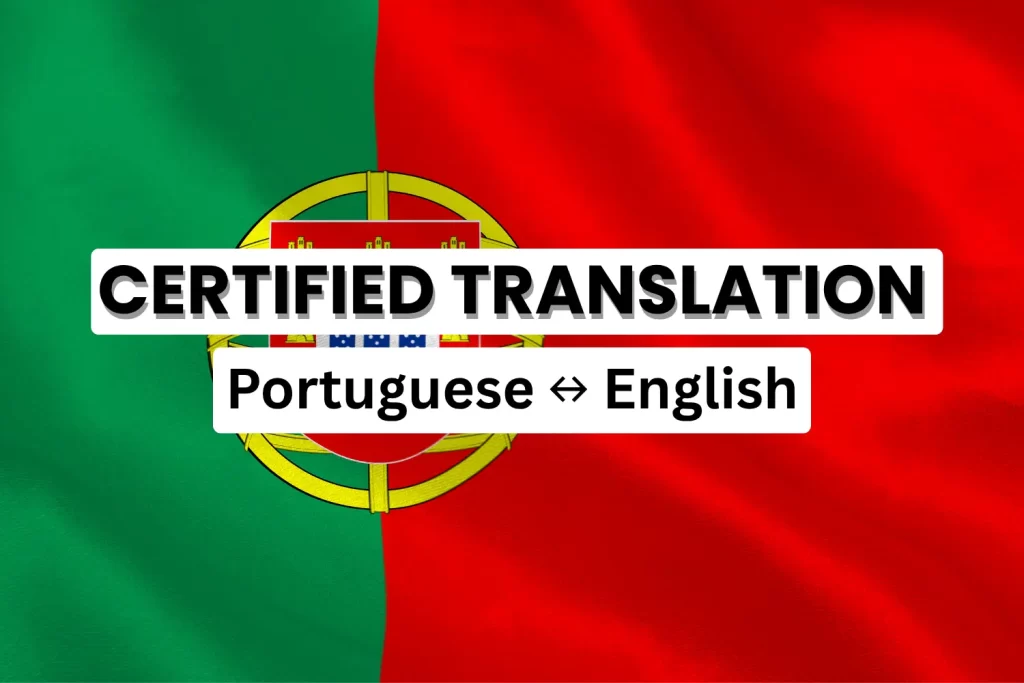
Portuguese Translation
Certified Portuguese translations for official use in Portugal and other Portuguese regions. Suitable for immigration, academic, and legal purposes.
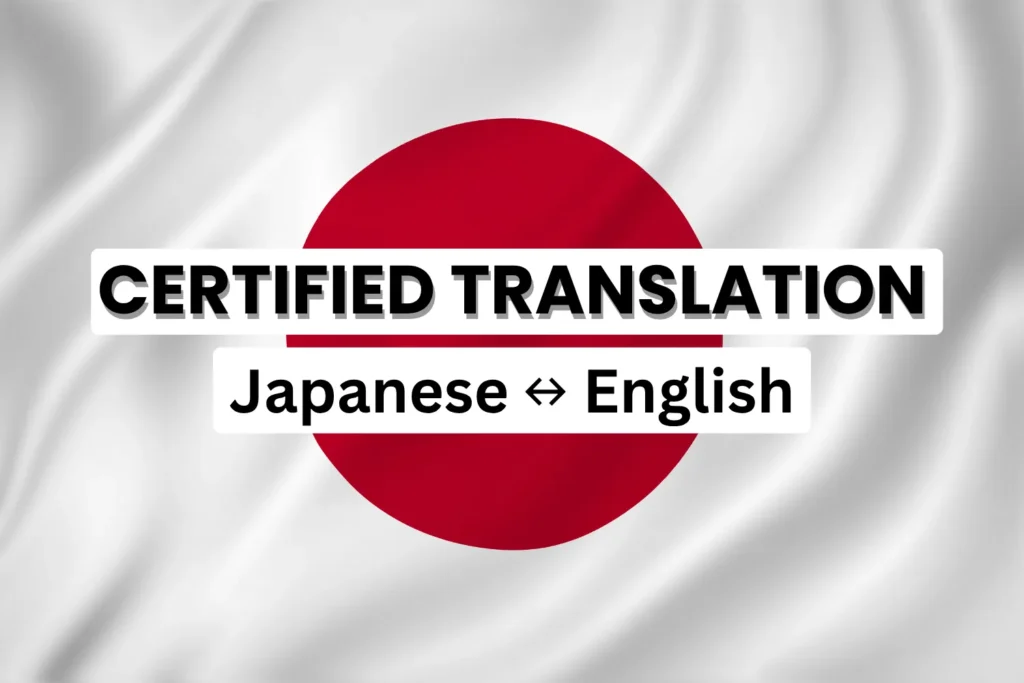
Japanese Certified Translation
Certified translations meeting Japanese legal and immigration standards. Ideal for business, study, or residence documentation.
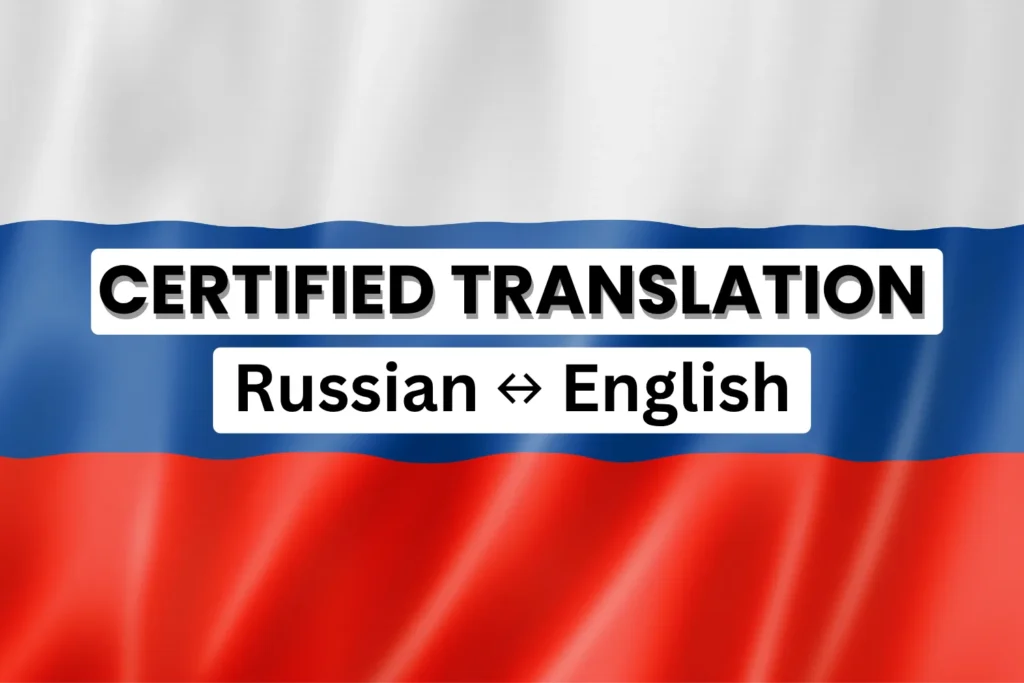
Russian Certified Translation
Translations certified for official use in Russia and Russian-speaking countries. Approved for visa, legal, and academic purposes.
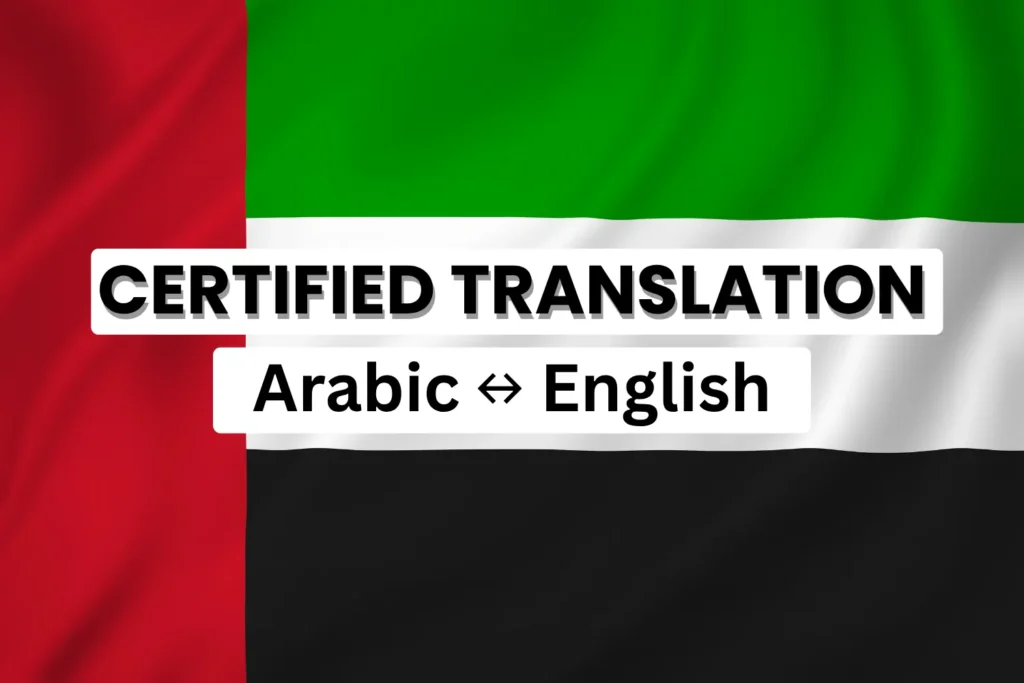
Arabic Certified Translation
Legally valid Arabic translations prepared by certified professionals. Widely accepted in Gulf countries and Arabic-speaking regions.
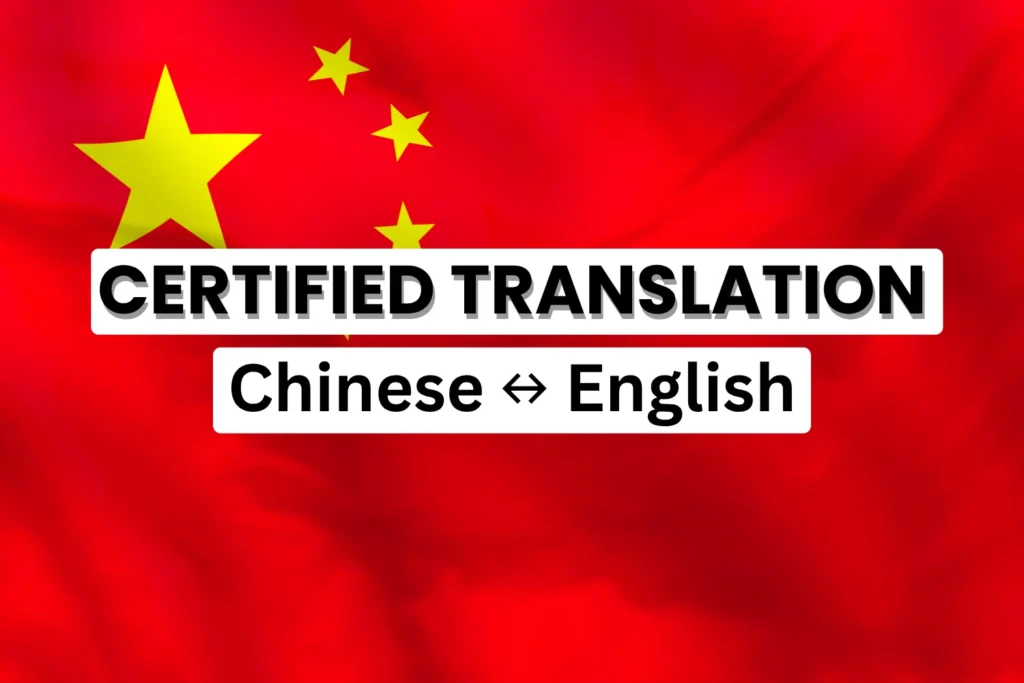
Chinese Certified Translation
Certified Chinese translations recognized in China, Taiwan, and other Chinese territories. Approved for educational, legal, and immigration use.
Get Your Free Quote Today
Get Started with DieLösung TranslateGlobe
Submit Your Documents for Translation
Testimonials
What Our Clients Say




As a medical nurse relocating to Germany, I needed sworn translations of my certificates. DieLösung delivered exceptional service. Their translations were accurate, accepted by German authorities, and handled with impressive speed. Highly recommend for any healthcare professional needing sworn translations"
Our Workflow
How Our Translation Process Works
A clear, step-by-step approach to delivering accurate, certified translations with speed and reliability. From document submission to final delivery, we keep you informed every step of the way.
01
Receive Documents
Clients send scanned copies via Email or WhatsApp.
02
Review & Quote
We assess the documents and provide a fixed-price quote.
03
Approval & Payment
Translation starts after client approval & payment.
04
Translation & Verification
A draft is shared to confirm names, dates, and details.
05
Certification & Finalization
Final documents are signed and stamped by certified translators.
06
Digital Delivery
Certified PDF is sent immediately for your use.
07
Hard Copy (Optional)
Physical copies mailed via post, DHL, or courier with tracking.
08
Direct Submission
News & Blogs
Latest News Updates
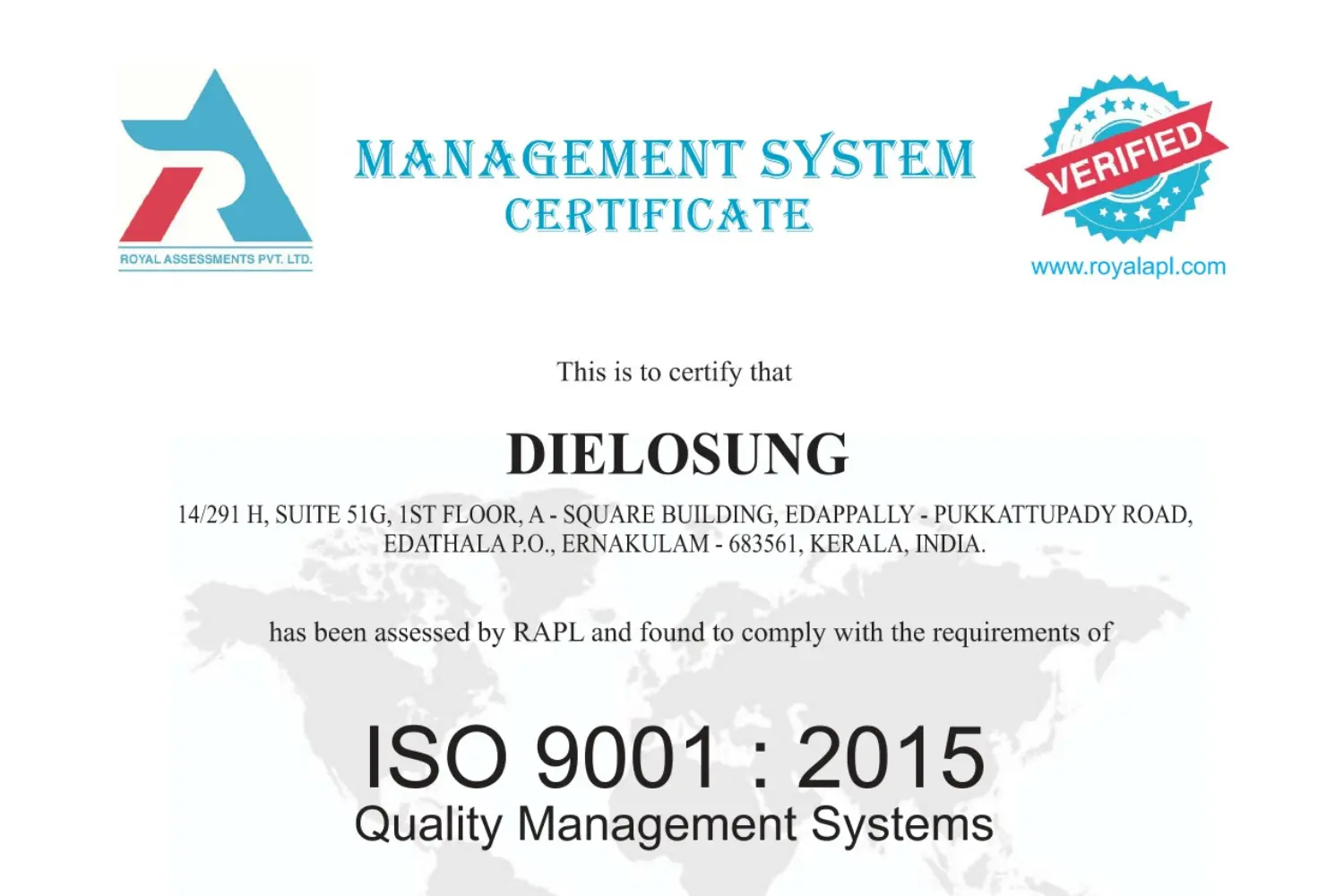

Understanding the Difference: Sworn vs. Certified vs. Traditional Translations

Why Sworn Translations Are Essential for Immigration and Legal Procedures

Accreditations
Recognized & Accredited Translators
At DieLösung TranslateGlobe, we work exclusively with professionally accredited translators who are authorized to deliver legally recognized translations across the globe.
Sworn Translators certified by the Ministry of Justice, Germany
Legally empowered to provide court-recognized translations in Germany and the EU.
Certified & Sworn Translators from Europe and Asia
Our network includes officially registered translators from countries such as France, Spain, Italy, Japan, and more.
Professional and Accredited Translators from the Arab World
Experts recognized by relevant authorities in the UAE, Saudi Arabia, Egypt, and other Arabic-speaking nations.
Professional and Accredited Translators from India
Experienced professionals with legal and academic recognition for certified document translation within India and abroad.


